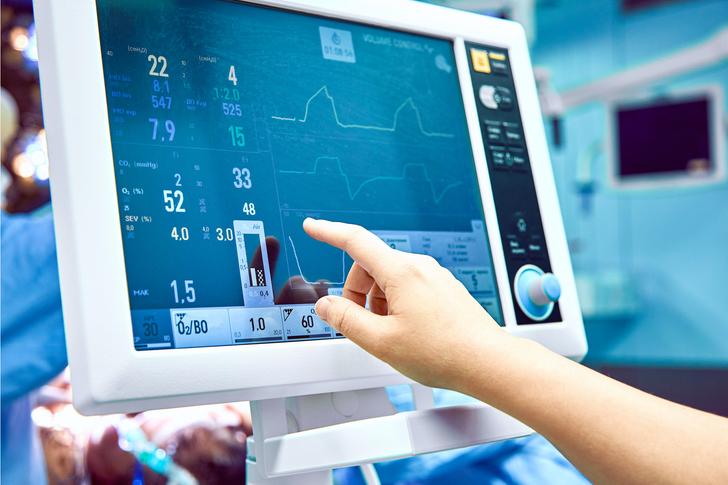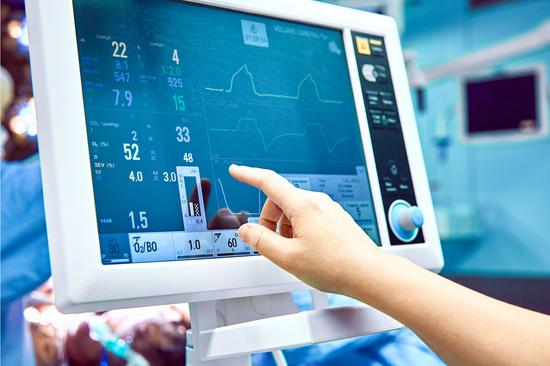Our customers have been hired at: *Foot Note
When it’s time to go in for an in-person interview for a nursing position, don’t panic. You can help a hiring manager see your excellent qualities and experience if you know what to say and what to expect. Your awesome resume and amazing cover letter can be brought to life if you have taken the time to prepare for this important interview. You can get an advantage by knowing the usual telemetry nurse interview questions that are asked and how to answer them.
5 Telemetry Nurse Interview Questions & Answers
While there are many different fields of nursing, telemetry nursing is unique. Tell me what you know about this field.
Like any field in nursing, this area’s primary concern is with delivering the best care. Telemetry nurses work where there are critically ill patients. Nurses here must monitor various systems of the patient’s body. Telemetry nurses must also review patient orders from doctors and administer medicines and treatments.
Telemetry nurses must be proficient in various technological equipment. Give me an idea of your experience with this equipment.
I have a good deal of experience with the devices that are used in the telemetry unit. I am well versed in running heart monitors and being able to identify protocols when something doesn’t measure right. I have experience setting up a blood pressure monitoring system in order to deal with patients’ blood pressure issues. Additionally, I have used equipment that determines respiratory rate and other cardiac functions.
All nurses have to deal with various types of patients. How do you deal with difficult patients?
When I have experienced difficult patients in the past, I have tried to be flexible. I have also made sure that I was informed about their various medical issues and medication, as sometimes that makes things challenging for a patient. First, as with all patients, I make it a priority to listen to someone’s concerns. Sometimes, a patient just wants to be heard and gets frustrated when he or she feels ignored. There are also times when a patient is simply being unreasonable, so in those cases I make sure the patient is safe and cared for properly. When a patient is disoriented and combative, I try my best to make the patient as comfortable as possible.
For this job, it's required to be able to communicate effectively with your team members. How would you rate your communication and teamwork ability?
I have always had strong communication skills in all of my previous experiences. I have the ability to write clearly and concisely when it comes to shift reports or other forms of written communication. I also have strengths in verbal communication, no matter what the situation is. In this line of work, I often have to team up with doctors and other medical professionals. It’s important for all of us to work together as a team so a patient gets exactly what he or she needs.
This position may put you into stressful emergency situations. Describe a time when you had to deal with an emergency.
In my previous nursing position, there were many instances that required emergency attention. One patient I recall came into triage complaining of high fever and chills. The patient was also pregnant with twins. After assessing the situation and monitoring the fever, she became critical and began going into shock. I assisted by getting her prioritized, stabilized and put into the intensive care unit. I administered a central intravenous line in order to help antibiotic therapy be more effective. Throughout the night in the ICU, I delivered constant care by her side. She was able to recover and managed to deliver healthy twins a few weeks later.
Our customers have been hired at:*Foot Note











